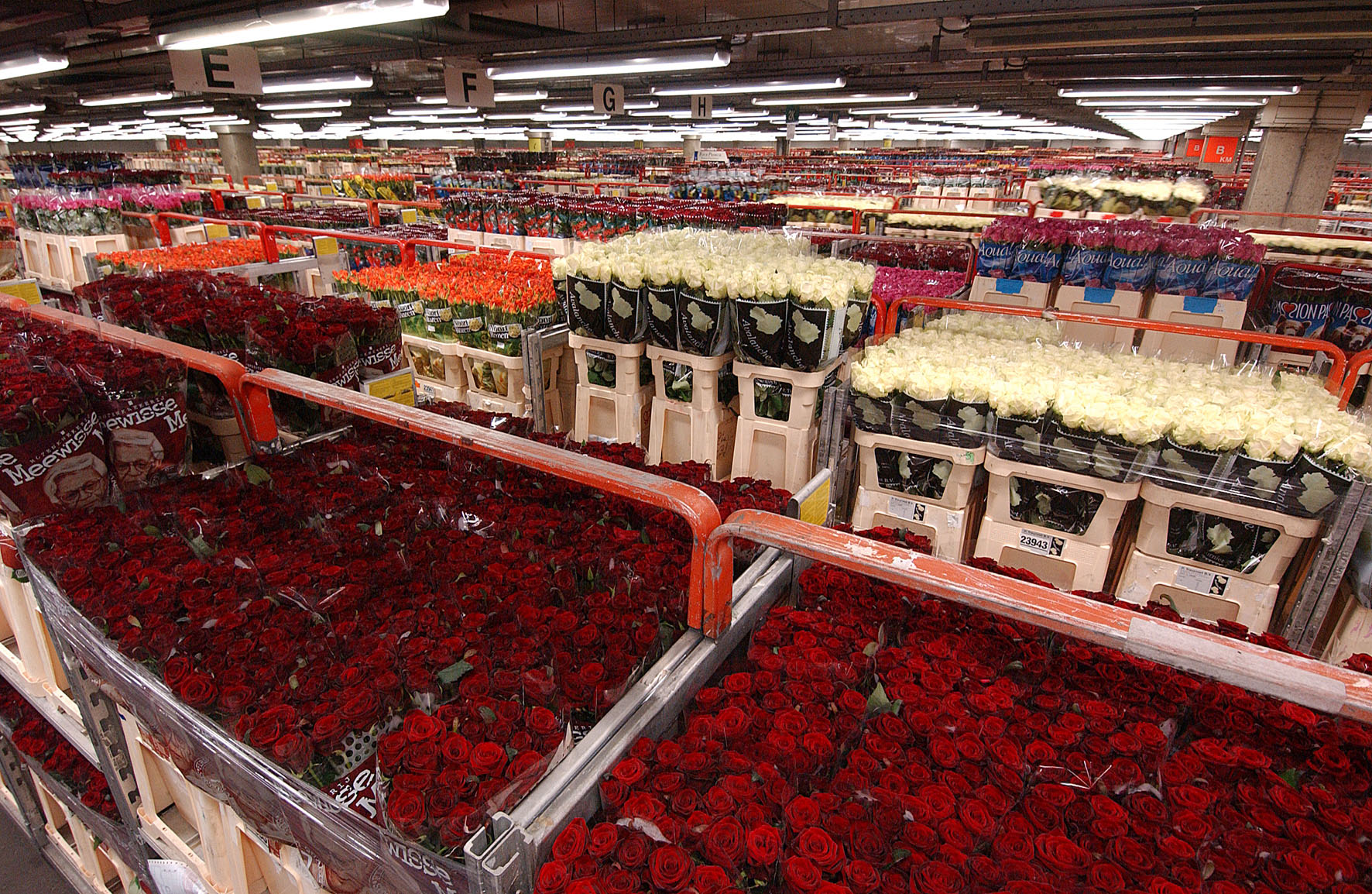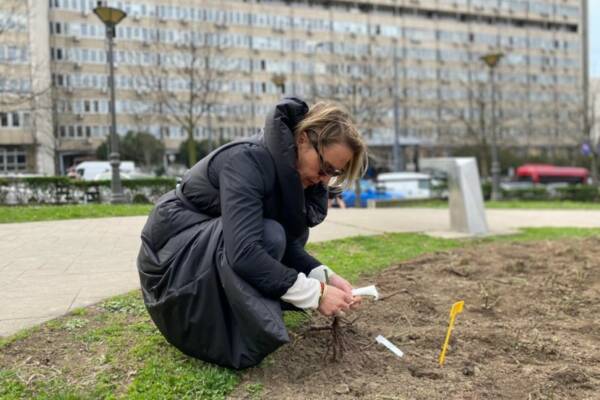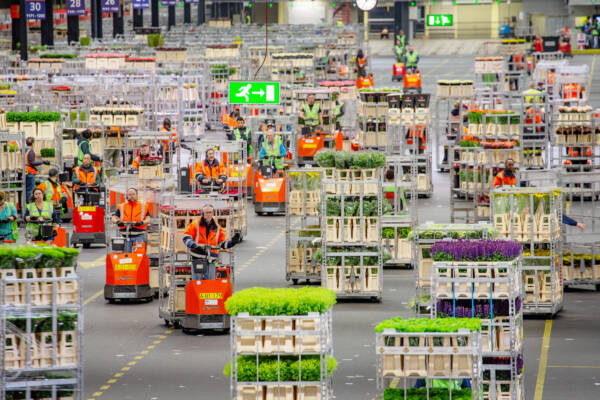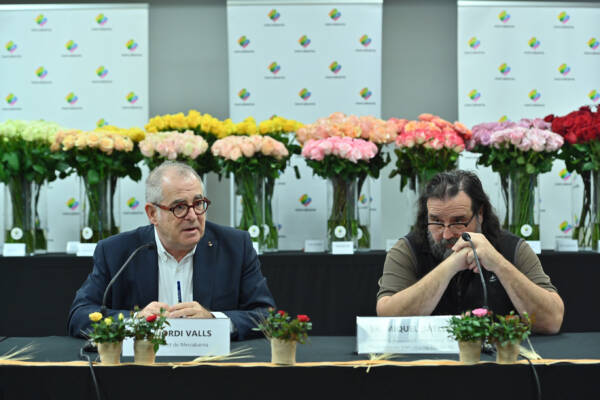Royal FloraHolland’s Order and Risk Advice (ORA) department is currently seeing growers and exporters engaging in trench warfare as COVID-19 triggers a wave of cancelled orders. Taking up its role as mediator, the world’s biggest hub for floral trade, urges both parties to use the internal dispute resolution process instead of legal proceedings.
Now that quota at their auction clock has helped Royal FloraHolland to achieve a better balance between supply and demand, leading to ‘reasonable’ prices for the limited proportion of product that continues to sell, via the clock. Another bomb has started ticking, this time, under the auction’s intermediary organisation which accounts for 57 per cent of annual revenues.
Such direct trade is frequently modelling on long-term supply contracts for the delivery of tailor-made retail orders. These contracts are not without obligation: a grower commits to deliver, a buyer has a responsibility to purchase.
The coronavirus pandemic has led to worldwide stores closures, and now exporters refuse to accept fully grown and finished flower and plant orders, which they would struggle to sell during the current global lockdowns.
In an ideal world both growers and exporters should shoulder the brunt of worldwide sales disruption. However, exporters are pushing cancellations invoking ‘force majeure’ as their reasons.
In turn, growers feel this is an unfair position, and that they are left taking the most significant risk, acting as the buffer from the exporter’s retail customer against all the economic uncertainties of producing plants in these incredibly challenging times.
It’s a situation that risks bringing down a significant part of the floriculture supply chain. The interdependent chain partners need to show solidarity, and common sense, to find an economically and socially viable path together.
The advice of Royal FloraHolland’s Order and Risk Advice (ORA) Department reads as follows, “Suppose that the invocation of force majeure succeeds: are all the costs to bear for the grower then? Usually the grower has already pre-financed a fair amount by growing the plants, up to and including the purchase of a printed grow pot with the name of the end customer on it. The grower, who knows that he can no longer sell the products due to the worldwide drop in demand, will then bear all the costs.
“Assuming that the claim of force majeure is unsuccessful: Does the exporter then bear all costs? Usually, exporters have weeks, sometimes months, of credit outstanding with their customers. In this case, the exporter, who also knows that he can no longer sell the products due to the worldwide loss of demand, will bear the costs.”
Royal FloraHolland urges its grower member and traders on its intermediary sales platform to think up a proposal together and identify issues early. Growers and traders should consider their course of action carefully before embarking on it.
The message is: think twice about legal proceedings as these are slow (especially where the dispute involves perishables such as cut flowers and potted plants), complicated and expensive. Moreover, it is unsure whether penalties applicable to breaches are adequate to punish and deter, while reputational damage is looming. The value of taking each other to court is arguably only short term in effect.
Royal FloraHolland’s ORA advises, “It is important to realise that if one of the parties or both parties consider going to court, a judge will assess the situation in terms of what the parties have agreed upon and what the intention was of the parties. In doing so, a judge naturally also considers what is reasonable and fair. He then wonders what the best solution for both parties would be together. If in the above case, the grower and the exporter are before the court, there is a good chance that the court will ask them to mediate and come back with a proposal (accepted by both parties) about the division of the damage. But even without the intervention of a judge, this is the best way.”
ORA says it is alarming to see how wars between growers and exporters are heating up.
“At the start of a conflict, it is important that both parties safeguard their rights. So, the exporter invokes force majeure, and the grower rejects it. Both are shocked by the other party’s reaction. You can keep this up endlessly: “No, I don’t want to take away” and “Yes, you should take away”, supported by arguments from both sides. If neither wants to take a step in the direction of the other party, they both trenches. And in the end, there are only losers. One party pays and goes bankrupt, or never wants to do business with the other party again. The other party is happy that it ended well financially and that his company still exists but is disappointed about the fact that a business relationship of many years ended in this way.”
ORA currently sees how growers and exporters engage in trench warfare against each other. “We advise you, on the one hand, to request understanding from the other party and, on the other hand, to have an understanding of that other party as well. As a floricultural sector, we will have to face the crisis together.”
ORA ends by saying that they if growers and traders need help in the form of mediation, their customer service can be contacted directly.
At FloraCulture International, our upright and honest international editorial team are proud to bring you trustworthy, factual and relevant reporting about the global ornamental horticulture industry. The economic impact of the coronavirus pandemic on the horticultural sector is enormous. To keep up-to-date with the news that’s affecting us all, become a subscriber to our FREE newsletter and digital magazine.










































